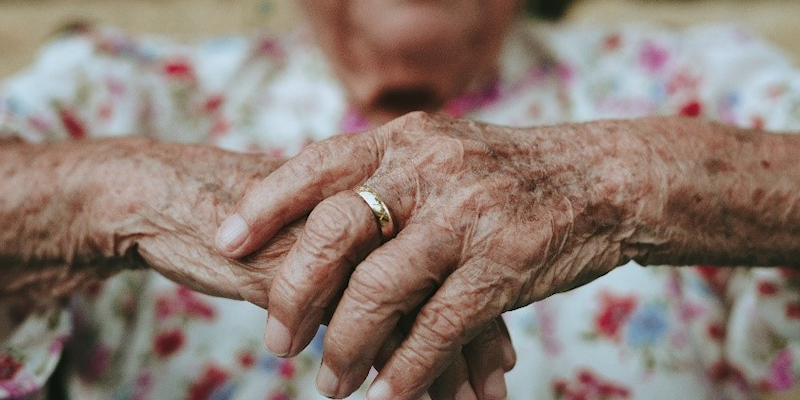
The EAGER project
Stages of the project
Stage 1
Consultation work with staff in reablement and related services, older people and family members
Stage 2
Creation of the EAGER resource in partnership with key stakeholder groups
Stage 3
Field testing the EAGER resource
Stage 4
Resource published by the Social Care Institute for Excellence (SCIE)
